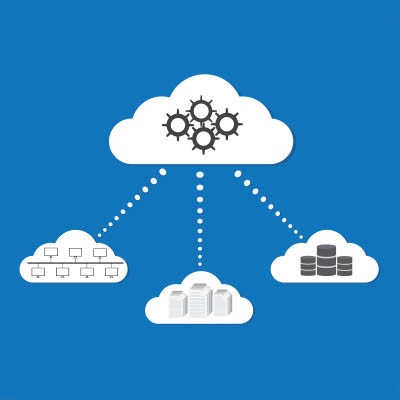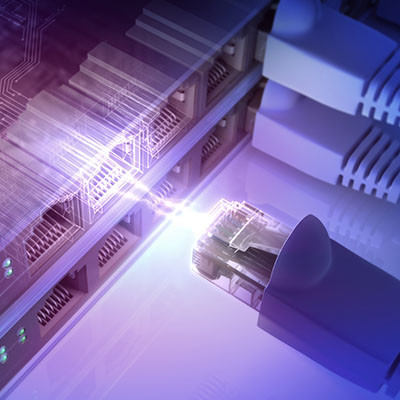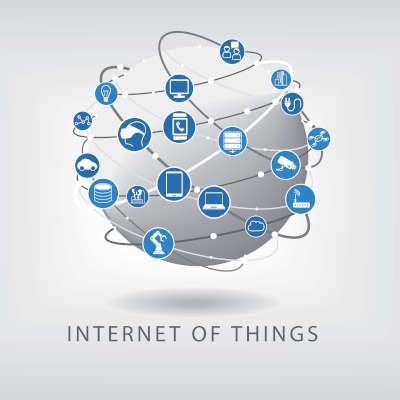Technology is one of the key enablers of automation for businesses, so it makes sense that it would eventually creep into email. Automated emails have the power to contribute to more streamlined operations when used well, but they are far from flawless. Today, we want to get you thinking about the pros and cons of automated email as it pertains to running your business.
Fuse Networks Blog
Many business owners struggle with technology that doesn’t meet their needs. We often hear from companies disappointed with their technology investments because they lack the right tools.
Choosing the right technology is vital for business success. In today’s blog, we offer four key tips to help you make informed decisions.
Making IT decisions while balancing the user experience—including their complaints—can be exhausting. As a decision maker for your business, you have a budget to consider, as well as a timeline to manage. You’ll have to say no, which no one likes to hear, but it’s a necessary part of running your organization effectively.
Spoiler alert: They certainly are.
Ever since the advent of Internet connectivity enabled the managed service model to develop, Managed IT Service Providers (MSPs) have been able to deliver a uniquely beneficial service to businesses of all sizes. If you’re on the fence about working with an MSP, we have a few reasons that you may just want to do so.
Whether you like it or not, organizations are going to get hacked. It’s the cruel truth. There are just so many individuals and organizations looking to gain unauthorized access and siphon off data and money from businesses, that it is basically impossible to go long stretches of time to not have to confront it in some way. With the threat landscape what it is, companies now offer cyber insurance. Let’s take a quick look at cyber insurance and what you need to know about it.
Remember when you needed a wired connection between two endpoints in order to access important materials for your business? Thanks to wireless connectivity, businesses can now access online materials in a much easier fashion. The question then becomes, how does a wired connection improve your operations, and is it a benefit for your organization?
There are countless aspects of running a business that demand your attention on a daily basis, but one of the most important that can often go by the wayside is cybersecurity. No matter the size of your business, cybersecurity can make all the difference in preserving your organization’s future. While we recommend implementing technology solutions to make cybersecurity easier to manage, without an established culture of cybersecurity, your business will remain at risk regardless of the measure you take to protect it.
When you work from home for any length of time, you’ll come to understand that there are certain things that you need in order to get your job done. Depending on the type of work you do, you could need different tools. Today, let’s take a look at some of the most important tools your business can use to find success with a remote workforce.
After 2020, it is understandable that many businesses would be seeking out a way to recoup a lot of the expenses and losses that the year’s events likely incurred upon them. This has led many to turn to their IT investments as the sacrificial lamb. While we are undeniably biased, we would argue that there are better ways to streamline your business’ expenses in terms of its IT than to simply cut them outright.
With nearly everyone facing a recession in 2021, businesses are going to be looking to technology to keep their businesses afloat. The COVID-19 pandemic made businesses shift their priorities in 2020 and as the pandemic enters year two, these strategies will be equally important in 2021. Let’s take a look at three trends you will see businesses follow this year.
One of the biggest questions that was routinely asked to IT administrators before the COVID-19 pandemic shifted everything was, “How can we use the Internet of Things to Improve Your Business?” The answer isn’t as simple as you might think. Today, we will look at what benefits the Internet of Things can present to you and whether or not they can make a difference for the average small business.
All a business’ technology is important to its operations, but based on its industry, certain priorities are bound to arise. A recent survey cast a light on some of these priorities, giving us a view of what small to medium-sized businesses are concerning themselves with. Let’s review some of the trends this survey revealed to see how well your priorities match up.
Hope can be a big part of a person’s notion to start their own business. Needless to say that entrepreneurial hope doesn’t always consider that there will be a global pandemic that grinds the operational effectiveness that you’ve spent years building to a halt. Hope does, however, play a big part in the creation of a business continuity plan. Today, we’ll briefly discuss why you should never lose hope and how being prepared stems from the same notion as starting a business.
Spoiler alert: it isn’t good news.
On September 7th, 2017, it was made public that Equifax had suffered one of the largest cybersecurity breaches in history, and as a result, had left 145.5 million consumers in the United States vulnerable to identity theft. Due to a website application vulnerability, the personally identifiable information of these people was exposed from May until July of that year.
With so many businesses experiencing drastic changes with continued social distancing recommendations and suspended operations, it is important that one of the most critical groups associated with any business remains in the loop: its clients and customers. Therefore, it makes sense to do so using a tool that is readily available (and that most people use): social media.




















